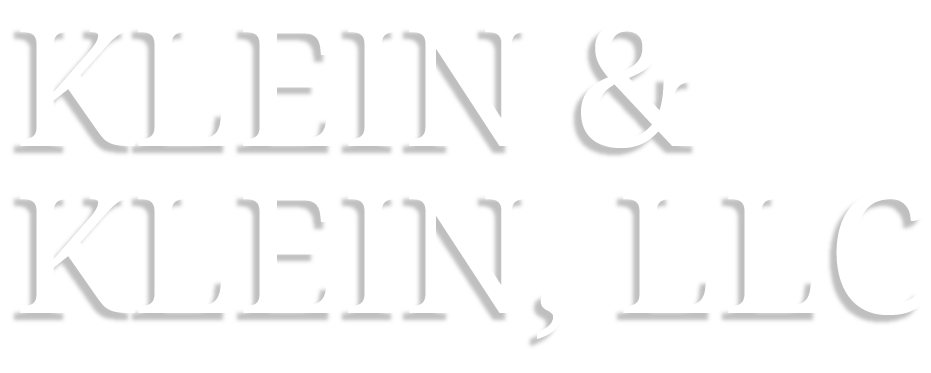Understanding the Differences Between Wills and Trusts
When planning your estate, it’s crucial to understand the tools available. Wills and trusts are two fundamental components of estate planning, each serving different purposes. Here’s a breakdown of their differences and benefits.
What is a Will?
A will is a legal document outlining your wishes regarding the distribution of your assets after your death. Key features include:
- Probate Process: Wills must go through probate, a court-supervised process that validates the will and oversees asset distribution.
- Flexibility: Easy to create and modify during your lifetime.
What is a Trust?
A trust is a legal arrangement where one party (trustee) holds and manages assets on behalf of another (beneficiary). Types of trusts include revocable and irrevocable trusts. Key features include:
- Avoids Probate: Assets in a trust bypass the probate process, allowing for quicker distribution to beneficiaries.
- Privacy: Trusts are not public records, providing privacy for your estate details.
- Control: Allows for detailed instructions on how and when assets are distributed.
Benefits of a Will:
- Simplicity: Straightforward to set up and change.
- Cost-Effective: Generally less expensive to create than a trust.
Benefits of a Trust:
- Avoiding Probate: Saves time and court fees by avoiding probate.
- Privacy: Keeps estate matters private.
- Management: Can provide for management of your assets during your lifetime and beyond.
- Cost Savings: While establishing a trust can be more expensive initially, it often costs less in the long run compared to the expenses associated with probate.
- Simplifies Matters for Loved Ones: Trusts streamline the distribution process, reducing the burden on your loved ones during a difficult time.
Which is Right for You?
The choice between a will and a trust depends on your specific needs and goals. For straightforward estates, a will might suffice. For more complex situations, especially those seeking to avoid probate or ensure privacy, a trust might be more appropriate.
Conclusion:
Both wills and trusts have their advantages, and many people benefit from having both. Consulting with an experienced estate planning attorney can help you decide which options best suit your needs. Contact our Ocala estate planning attorneys at Klein & Klein, LLC to schedule a consultation.
Contact Us
More Posts
-
The Role of Healthcare Surrogates in Estate Planning
A healthcare surrogate is an individual you designate to make medical decisions on your behalf if you become incapacitated. This person will ensure your healthcare preferences are honored. Read more.
-
Wills vs. Living Wills: Understanding the Differences
Understanding the differences between wills and living wills is crucial to ensure your wishes are respected both during your life and after your death. Read more.
-
Key Designations in Your Florida Estate Plan
Designating the right individuals in your estate plan is crucial for ensuring your wishes are carried out. Here’s an overview of the key roles, the documents they are appointed under, and some of their responsibilities under Florida law. Read more.
